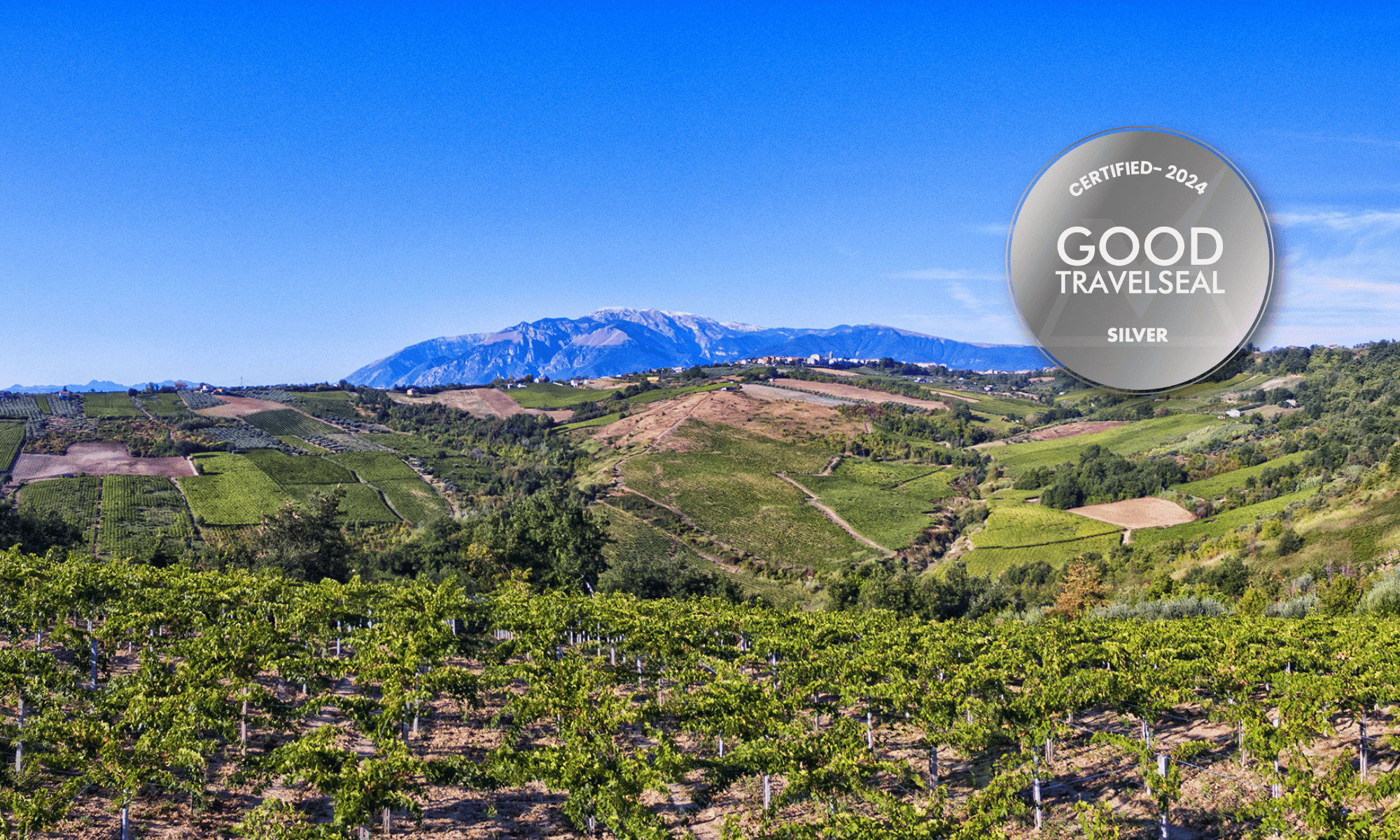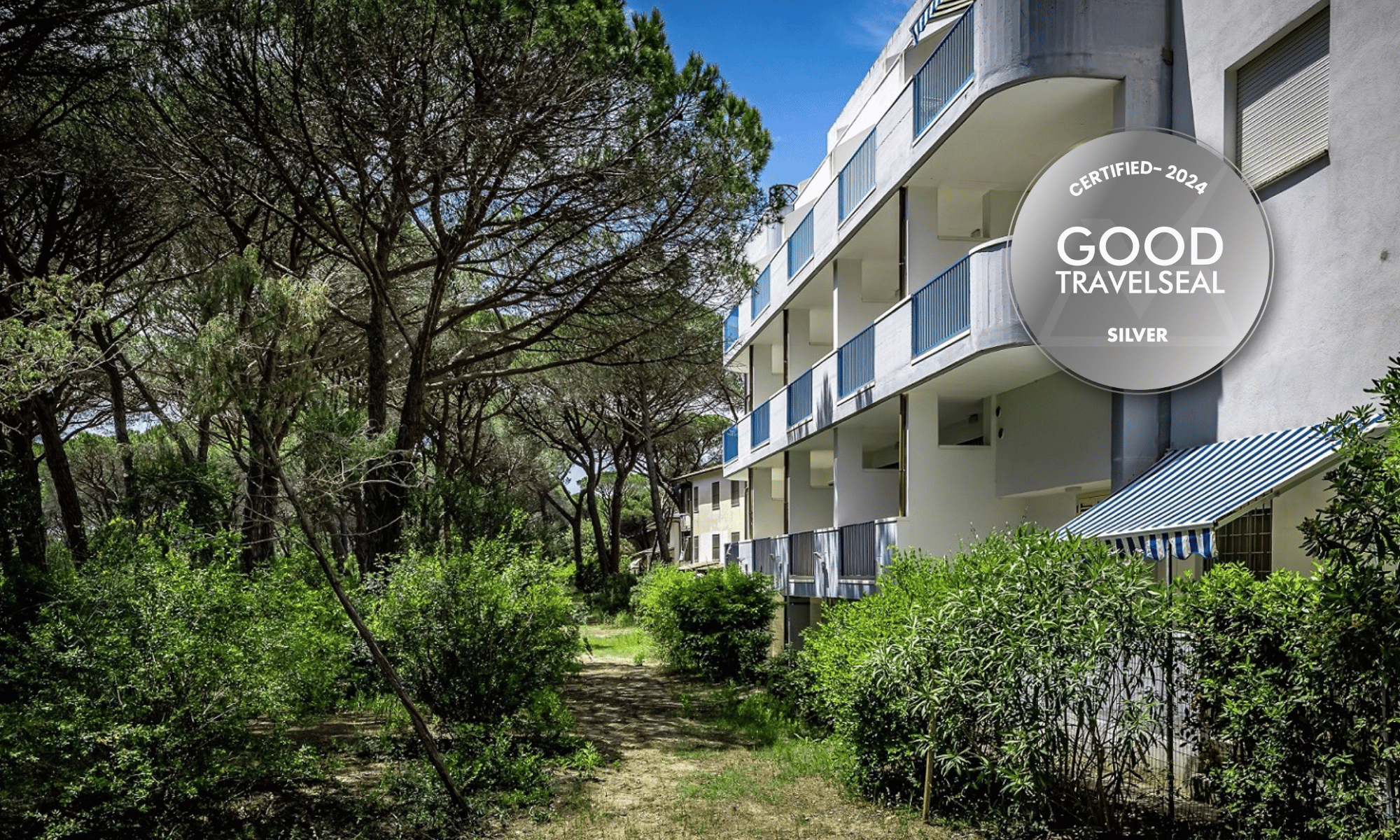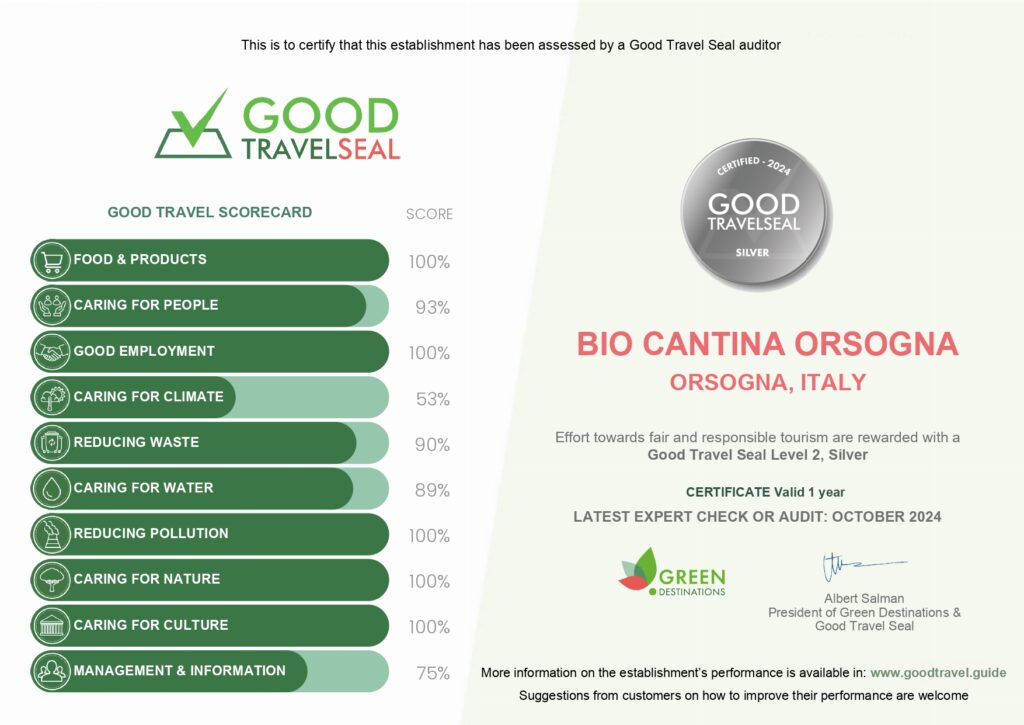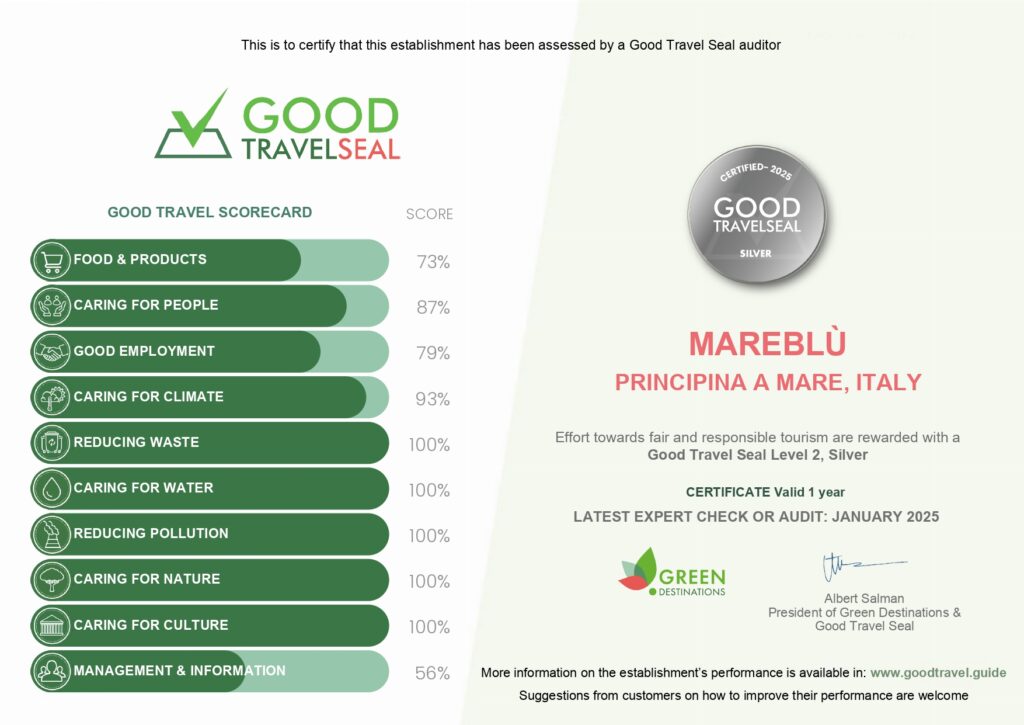Italy

ITALY is known for the foundation of modern civilization, the centre of the ancient Roman Empire, extraordinary culinary delights, architecture, arts and music…. ECOTOURISM in Italy has a lot to offer regarding the safeguards the integrity of the ecosystem and creating economic benefits for LOCAL COMMUNITY. A visit in CASTELVETRO DI MODENA or EGGENTAL in Northern Italy is the great example of ecotourism.
Not sure where to go?
Explore the options for a responsible trip
GOOD PLACES TO VISIT
Explore destinations that were awarded for their sustainability efforts
GOOD TRAVEL BUSINESSES
Discover accommodations, restaurants, shops and activities that are committed to sustainability. Their efforts are summarised in a SCORECARD (click on the picture). For the Good Travel Seal, the higher the number of stars or the level (level 3 is the highest), the more aspects of sustainability are checked by an independent auditor.
- Activities
- Accommodations
Bio Cantina Orsogna
Good Travel Seal Level 2
Established in 1964, the BIO Cantina Orsogna wine cooperative is the world’s largest Demeter-certified biodynamic grape producer, cultivating 1400 hectares of 100% organic vineyards. Nestled in the Maiella UNESCO Geopark in central Italy, the cooperative prioritizes projects such as conserving local varieties, preserving peasant knowledge, and fostering traditions. With a commitment to sustainability, it focuses on increasing soil fertility, safeguarding biodiversity, and returning to natural fermentation processes. Beyond viticulture, the cooperative intervenes in social issues, supporting victims of gender violence, protecting ethnic diversity, and promoting social integration. This holistic approach underscores their dedication to authentic terroir expression and responsible practices.
Mareblù di Maremma - Tuscany Green Holidays
Good Travel Seal Level 2
Space and freedom in Tuscany, near Maremma Natural Park
Our family welcomes you to Mareblù stuated in the south of Tuscany .
In our Aparthotel you’ll find the hotel facilities and the comfort of your home. You can feel free to live the holiday on your own rythm in self-catering accomodations
On arrival you will find a family atmosphere, helpful staff willing to take care of you, comfort and cleanliness, a natural unpolluted environment, to make your holidays in the Maremma Toscana unforgettable.
We provide italian breakfast with local and organic products by local farms, you can enjoy it every morning under the shadow of our garden’s trees. No time limit
Mareblù it’s the ideal choice for your couple or family holiday, to rediscover your well-being in contact with nature, living the sea in every season
In the surrounding area you can practice outdoor sports such as trekking, biking, wind and kyte surfing
PROMO CODE: GTG5DISC
GOOD BUSINESSES
Discover accommodations, restaurants, shops and attractions that are commited to responsible development
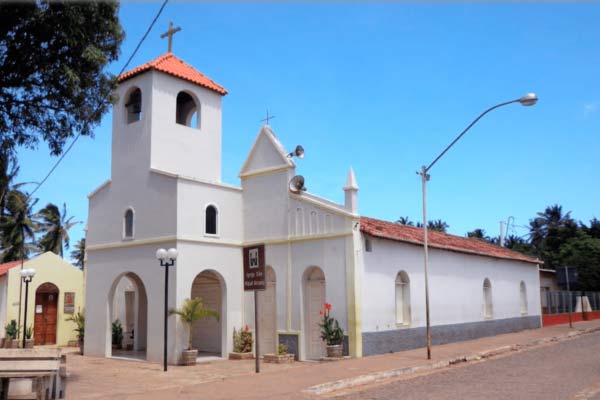
Historic and cultural heritage
In addition to the beaches, take the opportunity to visit the Casa de Taipa Museum and the Church of São Miguel do Arcanjo.
PROMO CODE:
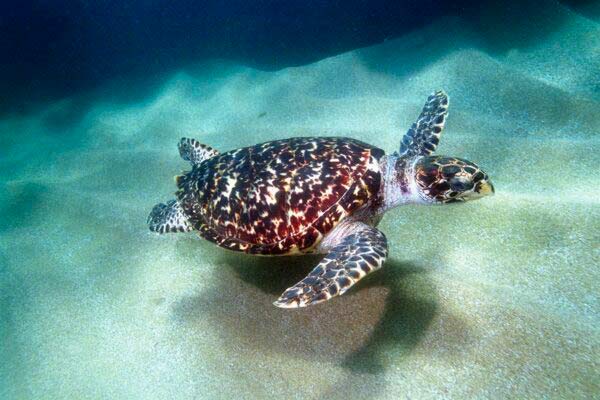
Historic and cultural heritage
In addition to the beaches, take the opportunity to visit the Casa de Taipa Museum and the Church of São Miguel do Arcanjo.
PROMO CODE:

Historic and cultural heritage
In addition to the beaches, take the opportunity to visit the Casa de Taipa Museum and the Church of São Miguel do Arcanjo.
PROMO CODE:
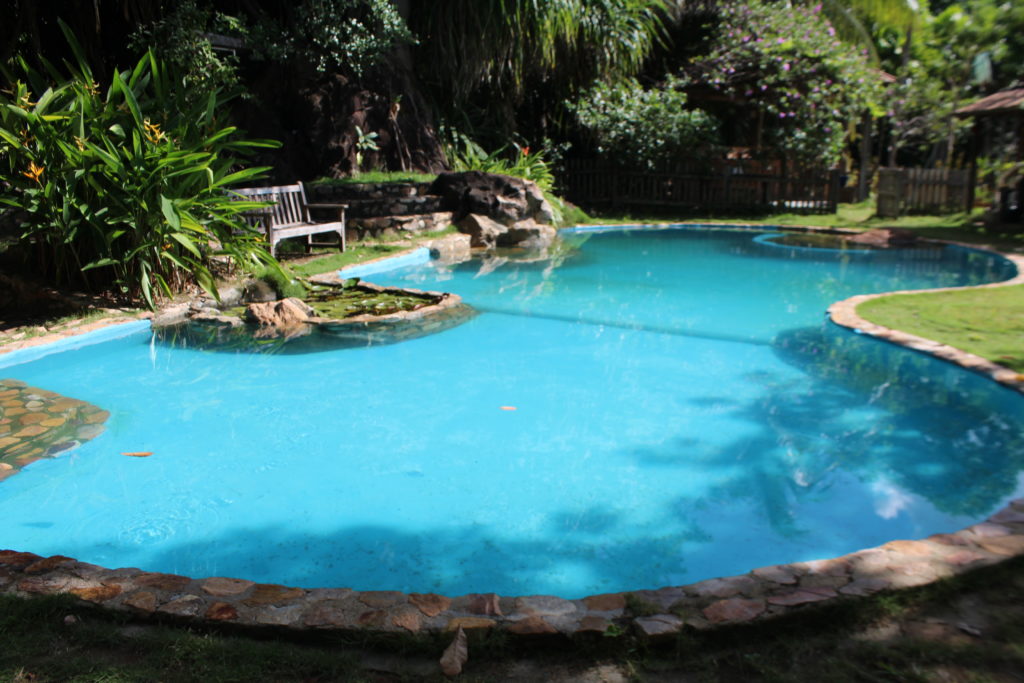
Historic and cultural heritage
In addition to the beaches, take the opportunity to visit the Casa de Taipa Museum and the Church of São Miguel do Arcanjo.
PROMO CODE:
GOOD PRACTICE STORIES

Get inspired with stories from places and people that are acting for a fair and responsible tourism
Residenza Khaddiuggia
Manila, a resilient woman in her late 80s, overcame skepticism and numerous obstacles to transform her vacation home into a thriving eco-resort – Residenza Khaddiuggia. Manila’s inclusive and sustainable breakfasts are the heart of her success, made possible through authentic relationships with local producers and suppliers. Creating “Unconventional Breakfasts” that achieve zero waste while strengthening community bonds and supporting the local economy. Manila promoted a circular economy, encouraging guests to buy directly from producers and engage in authentic local experiences, boosting the local economy and awareness.
Sustainability
Sustainability in Italy is increasingly taking centre stage as the country seeks to balance its rich cultural heritage with modern environmental concerns. The country is making significant strides in renewable energy, particularly in solar and wind power, to reduce its carbon footprint. Some recent examples are that it generates more than a third of its electricity from renewable sources, such as hydroelectric, solar and wind power and has surpassed a European Union goal to recycle 65% of urban waste by 2025. The preservation of historic sites and the promotion of eco-friendly tourism practices are also priorities.
Travel tips from our editors

Taste of Italy
From the iconic pasta dishes like spaghetti carbonara and lasagna to the mouthwatering pizzas from Naples, Italian food is a delightful journey through diverse regional specialties. Italy’s rich culinary heritage places a strong emphasis on fresh, locally sourced ingredients, such as ripe tomatoes, olive oil, and fragrant herbs.
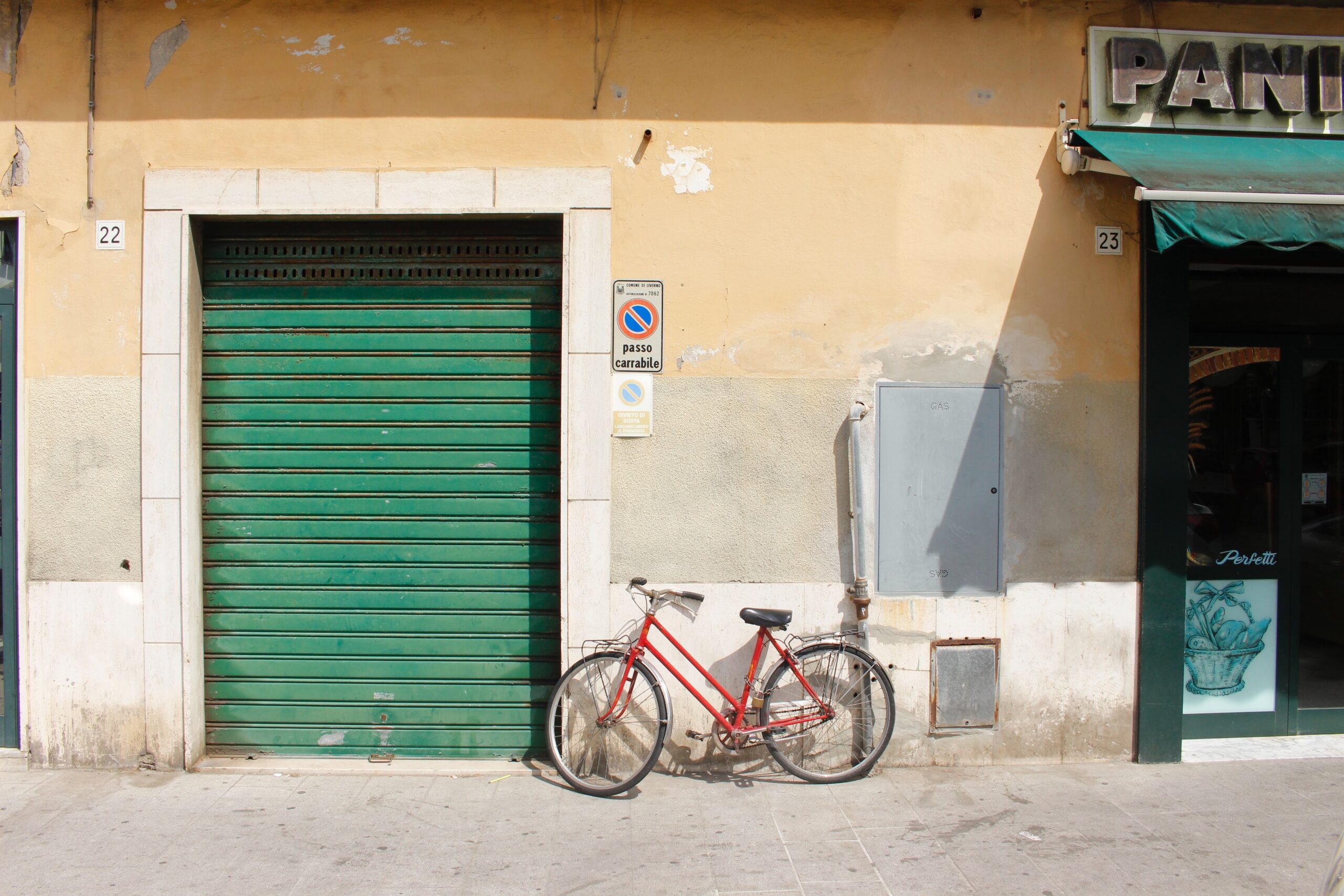
Getting around
The country boasts an efficient train system, connecting major cities and regions with scenic journeys through the countryside. For exploring picturesque towns and villages, buses provide convenient links, while trams and metros are excellent for urban travel in cities like Rome and Milan. Ferries and boats connect the mainland to beautiful islands like Sicily and Sardinia.
Tourism & People
Italy’s diverse offerings, from historic sites to idyllic coastlines, continue to captivate travellers, creating a rich tapestry of cultural exchange and exploration. The country consistently ranks as one of the world’s most visited countries, drawing travellers to iconic destinations like Rome, Florence, and Venice, along with scenic regions like Tuscany and the Amalfi Coast. Italians are known for their passion for life and embrace of la dolce vita, making visitors feel welcome as they explore ancient ruins, savour world-class cuisine, and indulge in rich cultural traditions.
Nature & Wildlife
Italy’s natural beauty and wildlife diversity are a source of wonder and preservation. From the towering Alps in the north to the rugged beauty of Sicily and Sardinia in the south, the country boasts diverse landscapes. Italy is home to an array of wildlife, including wolves, deer, wild boars, and a rich avian population, with numerous birdwatching opportunities. The country’s national parks and protected areas, such as the Gran Paradiso National Park and the Cinque Terre, provide sanctuaries for these species.
Sustainability Recognitions
Brazil has 9 destinations featured in the Top 100 Sustainable Destinations 2021.
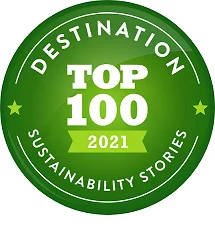
Other sustainability certifications can be seen here (English) and here (Portuguese).

Fernanda Rodak | Page Editor
“Brazil is a worldwide known hotspot for biodiversity as well as home to a multitude of cultural expressions. The natural and cultural heritage and immense variety of tourism experiences in the country are valuable assets for its competitiveness. Yet, as we envision a post Covid-19 era, sustainability in tourism becomes crucial to build resilience and guarantee the long-lasting health of Brazil’s ecosystems and well-being of the hosting communities. This would also ensure an active contribution of the country’s tourism sector to the Sustainable Development Goals.”
Visit other destinations nearby?
Get in touch
Support
We are a multicultural, creative and dedicated team working to promote sustainable tourism. Join us in our fight against the climate crisis, single-use plastics and over-tourism!

